found a great southern heirloom seed site
flashawnee
16 years ago
Related Stories
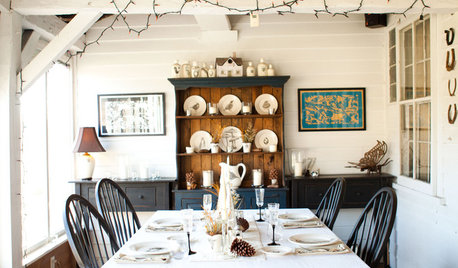
HOUZZ TOURSMy Houzz: Heirlooms and Antiques Befit a 1778 Vermont Home
Family treasures fit right in with original details in a spacious pre–Civil War home renovated with respect for its history
Full Story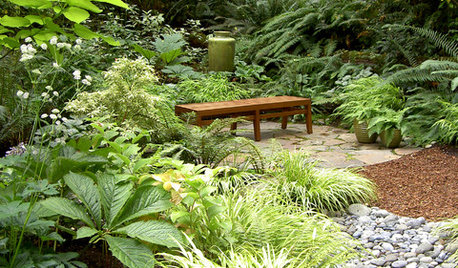
GARDENING GUIDESGreat Garden Combo: 6 Beautiful Plants for a Shady, Wet Site
Transform a shade garden with moisture-loving golden grasses, textural leaves and a sprinkling of flowers
Full Story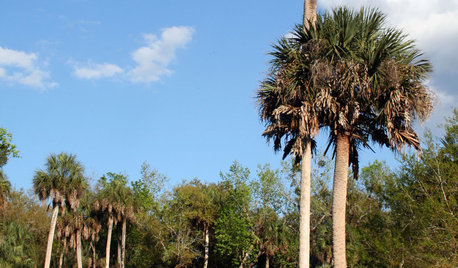
TREESGreat Design Plant: Sabal Palm Enchants in Balmy Sites
Towering and tolerant, this tree blends in, stands out and happily stars in vacation photos
Full Story
HOUZZ TOURSMy Houzz: Southern Charm and Heritage in a Dallas Cottage
A first-time Texas homeowner creates hospitality with family heirlooms, quirky mementos and an inviting color palette
Full Story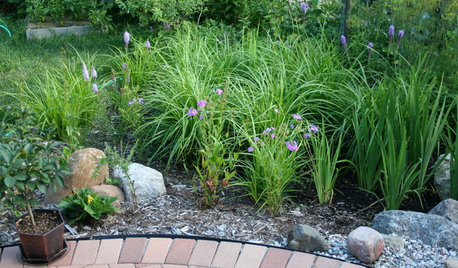
LANDSCAPE DESIGNHow to Site and Size a Rain Garden for Your Landscape
Installing a rain garden is an excellent way to reduce runoff and return water to its source
Full Story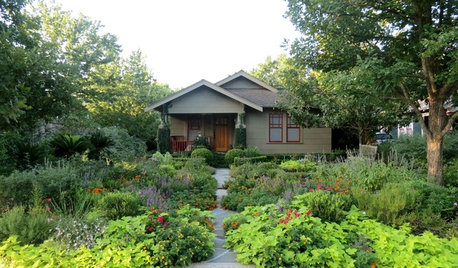
FRONT YARD IDEAS12 Surprising Features Found in Front Yards
Fire, water, edibles and wildlife habitats are just a few of the elements you can consider adding to your entryway landscape
Full Story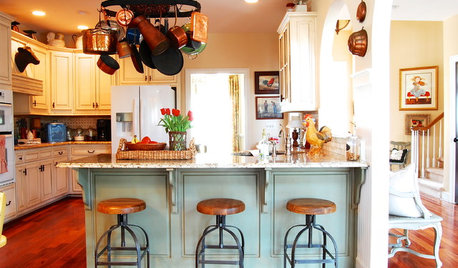
HOUZZ TOURSMy Houzz: French Country Meets Southern Farmhouse Style in Georgia
Industrious DIYers use antique furniture, collections and warm colors to cozy up their traditional home
Full Story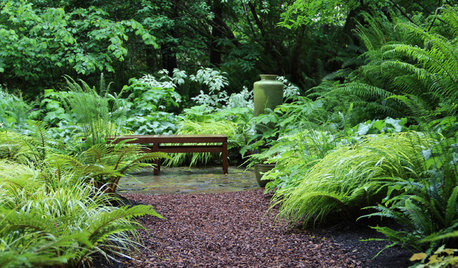
LANDSCAPE DESIGNHow to Choose and Site Garden Art
The right piece in the right place can make or break the mood of your garden
Full Story
LANDSCAPE DESIGNCelebrate a Sunny Climate With the Right Leafy Palm for Your Site
So you get freezes or floods. So your garden is small. These palms send excuses riding off into the tropical sunset
Full Story





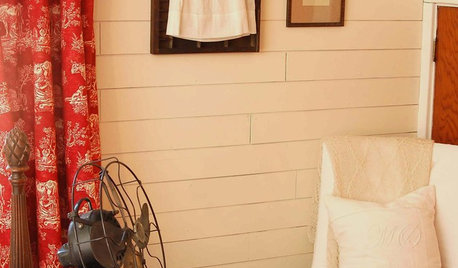

farmerdilla
npthaskell
blueflint
crabjoe
rodger
crabjoe
rodger
lakedallasmary
ruthieg__tx